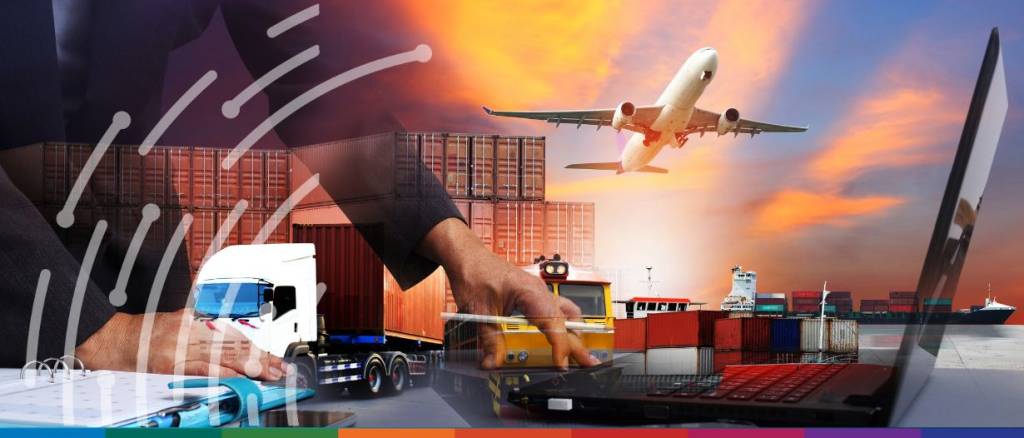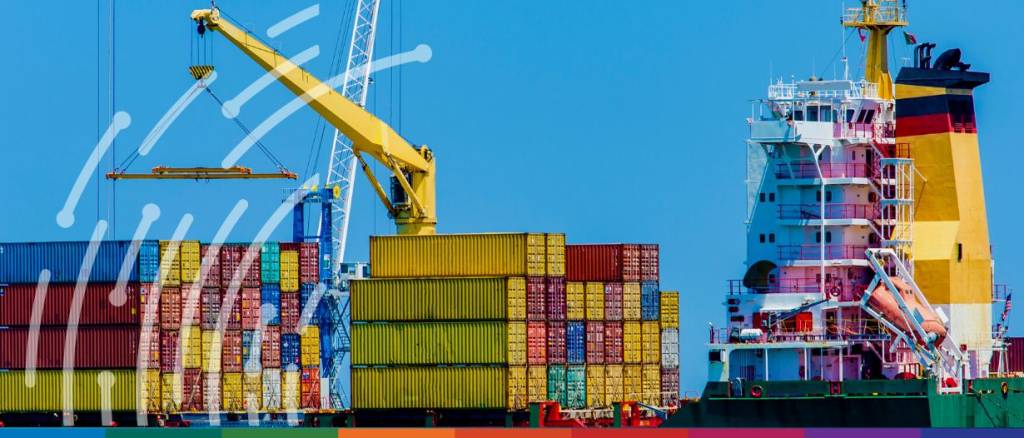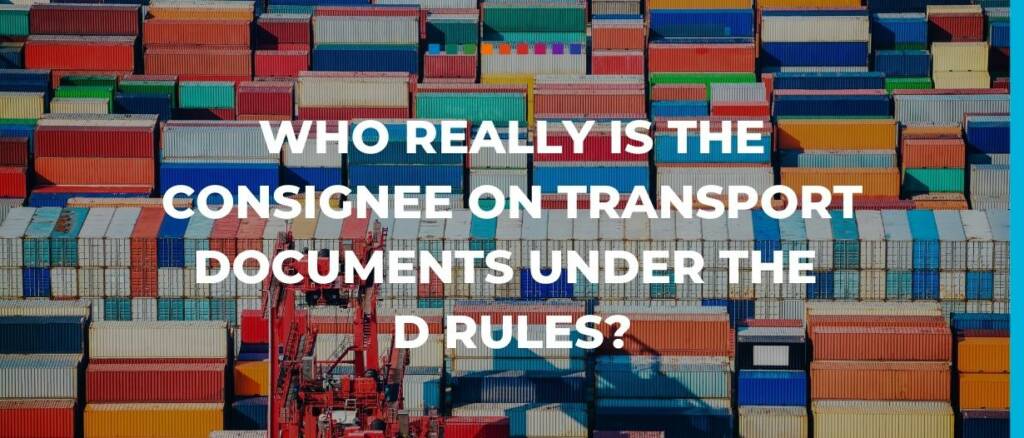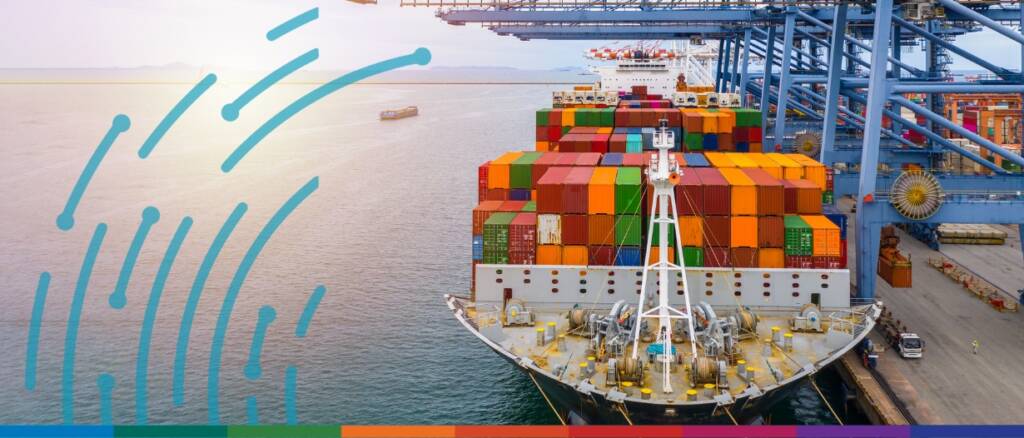To help demystify some of the greatest challenges facing the shipping and freight forwarding industry today, Trade Finance Global (TFG)’s Deepesh Patel spoke with Director of HR Maritime, Richard Watts.
Customs compliance obligations have to be met when importing and exporting goods to ensure that the documentation related to the accompanying goods is generated in adherence with the legislation of the importing and exporting countries.
Get your import & export processes right by understanding the key elements of Incoterms, Ex Works (EXW), common mistakes & best practices.
When the destination place is a terminal and the buyer is to collect the goods, then they will require a transport document showing them as the consignee/notify party.
What a year it has been for Trade Finance Global. We took the time to review over 500 pieces of content to bring you the most popular themes, articles, podcasts, and videos.
There is little doubt that 2022 has been an unprecedented year and for better or for worse, there has been a lot that has happened in the trade, treasury, payments and supply chain spaces.
Your Monday morning coffee briefing from TFG: VIDEO | Updated digital trade rules: ITFA, URTEPO, and streamlining payment obligations
With so many of our daily goods coming from abroad, Incoterms play a much more significant role in our lives than most of us realise. To help clarify the subject, Trade Finance Global (TFG) spoke with Holly Jade O’Leary, co-founder and director of Alinea Customs.
Your Monday morning coffee briefing from TFG, URTEPO: ITFA releases new rules covering electronic payment obligations
Mercuria, an integrated energy and commodity trading company, recently went live with CargoDocs electronic Bills of Lading (eBLs), having participated in its first ever paperless trade transaction for an iron… read more →






















